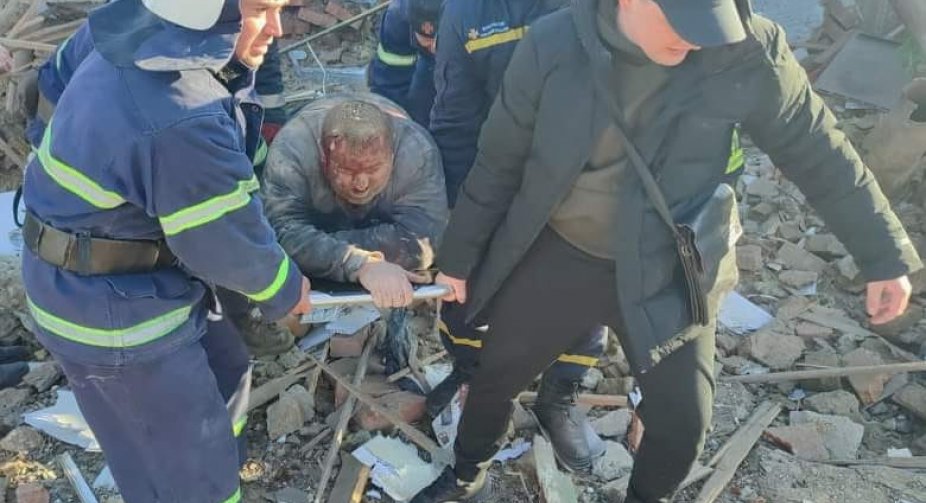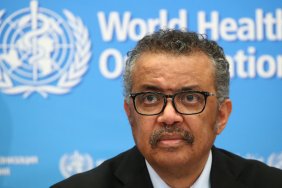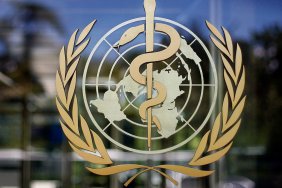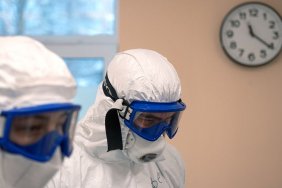WHO, through the Surveillance System for Attacks on Health (SSA), has recorded 31 attacks on the country's health care system since the beginning of the Russian aggression in Ukraine, killing 12 people and injuring 34.
According to the WHO website, these attacks resulted in 24 cases in which medical facilities were damaged or destroyed and five cases in which ambulances were damaged or destroyed. Access to and affordability of basic medical services were affected.
"WHO is verifying further reports as the attacks continue to be reported despite calls to protect health care," according to the organization's website.
The WHO stresses that attacks on medics and health workers directly affect people's ability to access basic health services, especially women, children and other vulnerable populations.
More than 4,300 births have occurred in Ukraine since the war began, and 80,000 women are expected to give birth in the next three months. Oxygen and medications, including those to treat pregnancy complications, are at dangerously low levels.
"The health care system in Ukraine is clearly overburdened, its collapse would be catastrophic. Every effort must be made to prevent this from happening," the WHO states.
In addition, three UN organizations - UNICEF, UNFPA and WHO - in a joint statement called on the Russian Federation to stop attacking Ukraine's health care system.
"We call for an immediate ceasefire, which includes unhindered access so that people in need can access humanitarian aid," the organizations said.
Also in a statement by WHO Europe on Monday, it said the current estimated number of people affected in Ukraine by Russia's military offensive is 18 million, of whom 6.7 million are internally displaced people.
"About 3 million people have left the country. Supply chains have been seriously disrupted. Many distributors are not working, some supplies are inaccessible due to military operations, medicine supplies are running low, and hospitals are struggling to care for the sick and wounded," the document notes.






